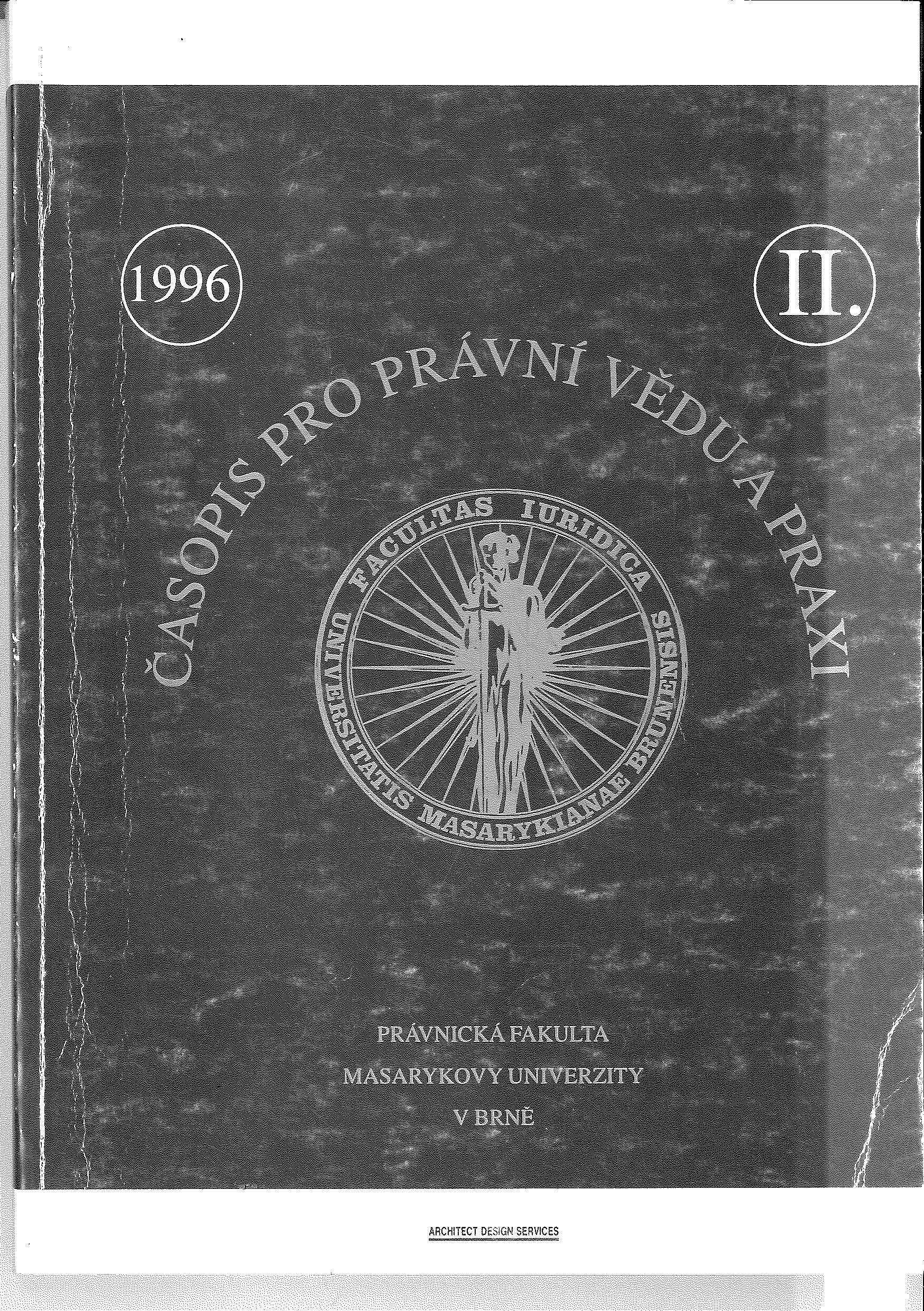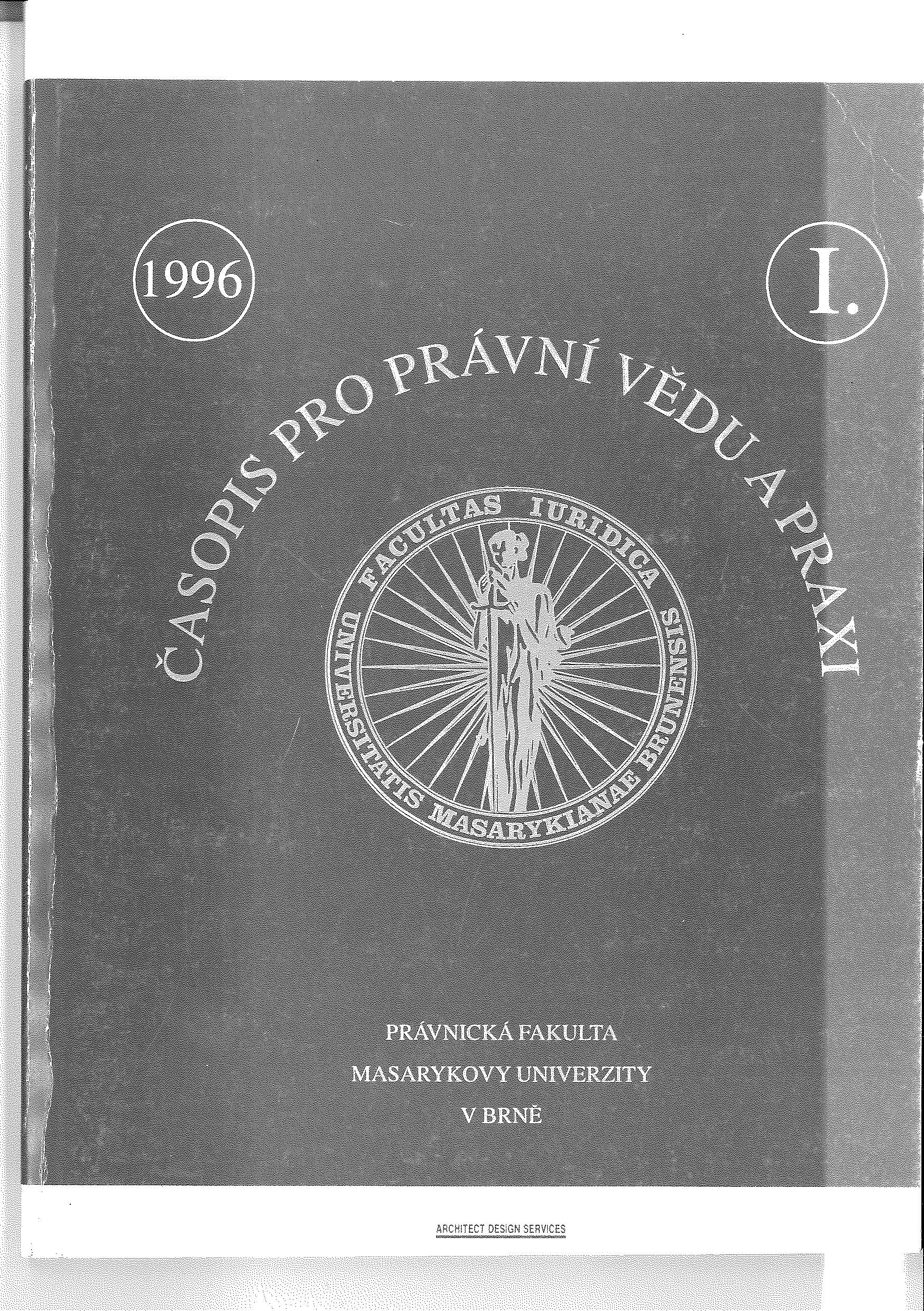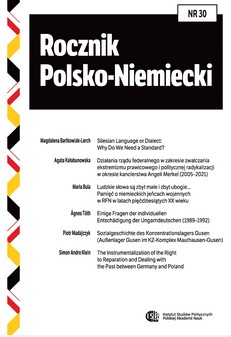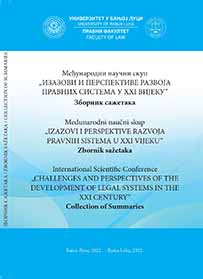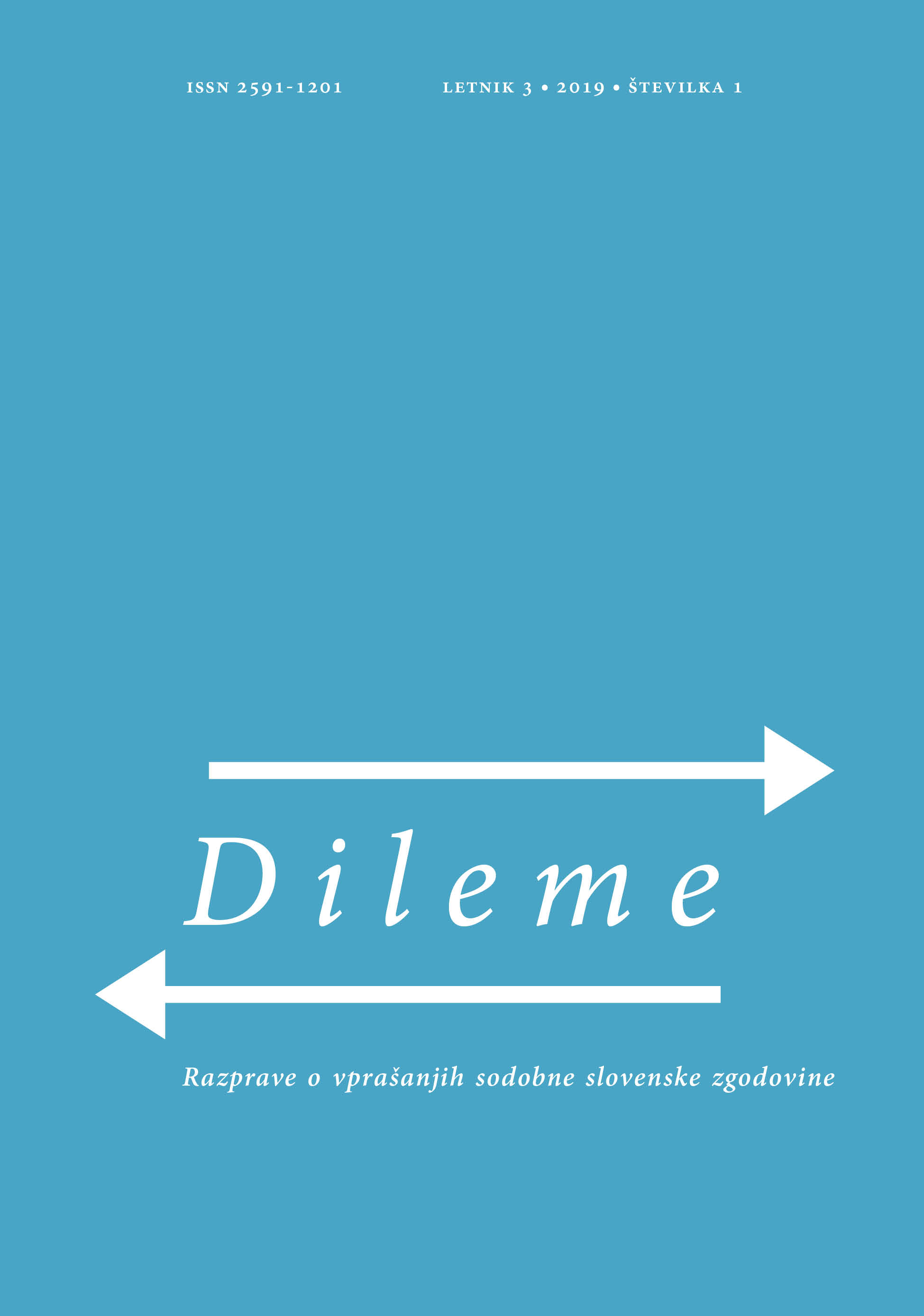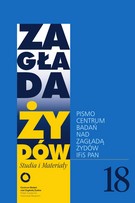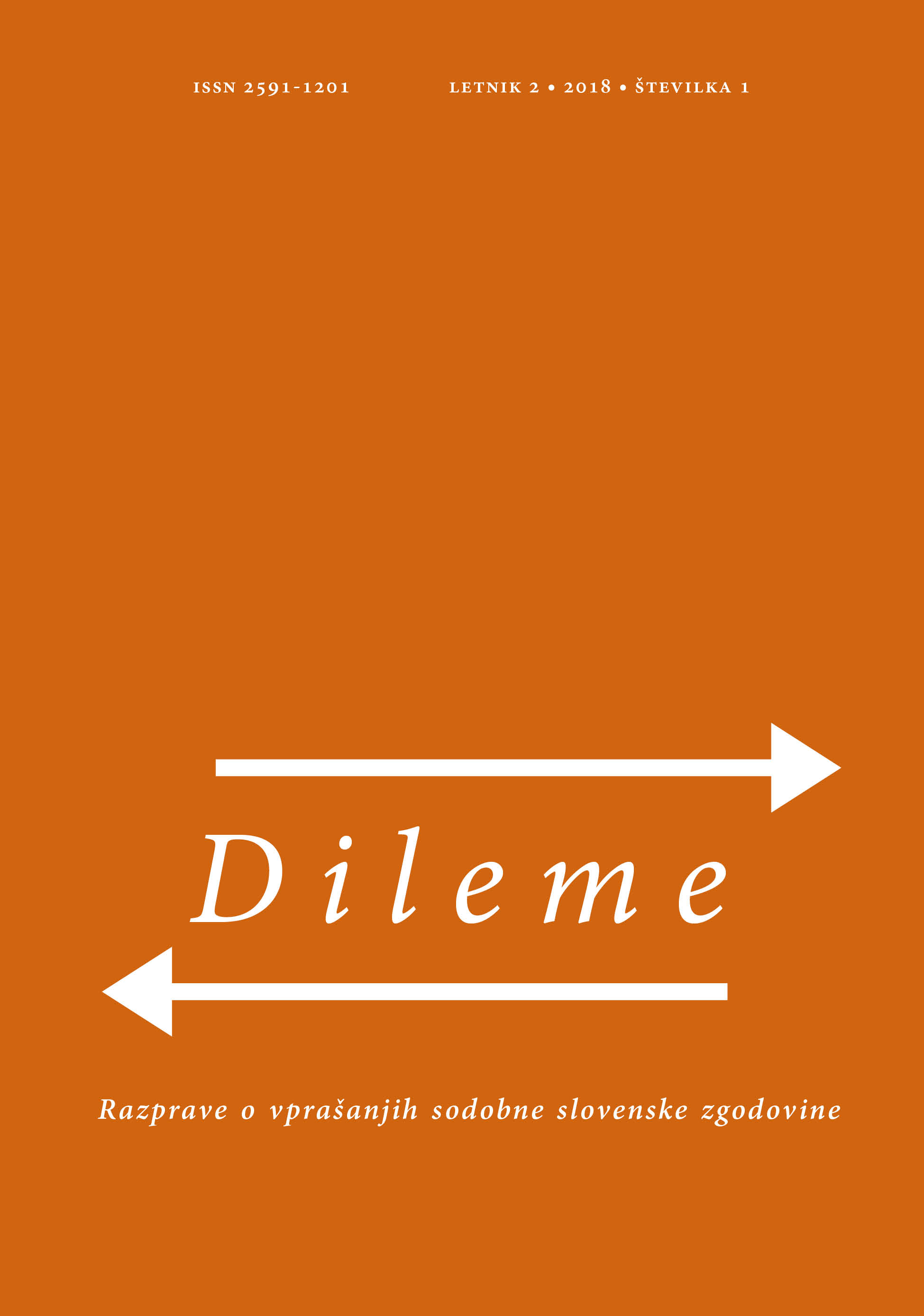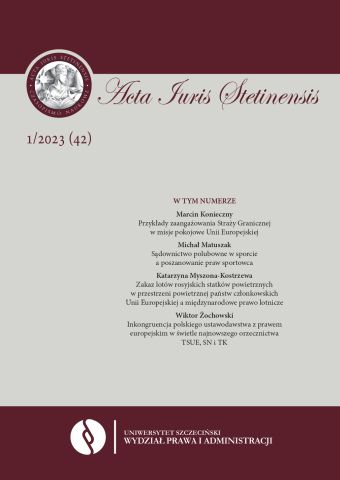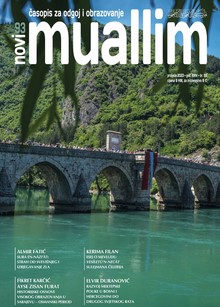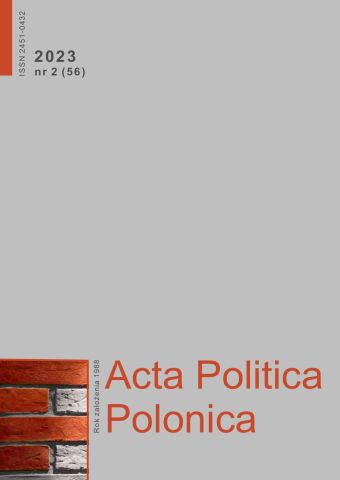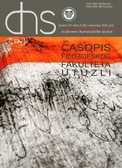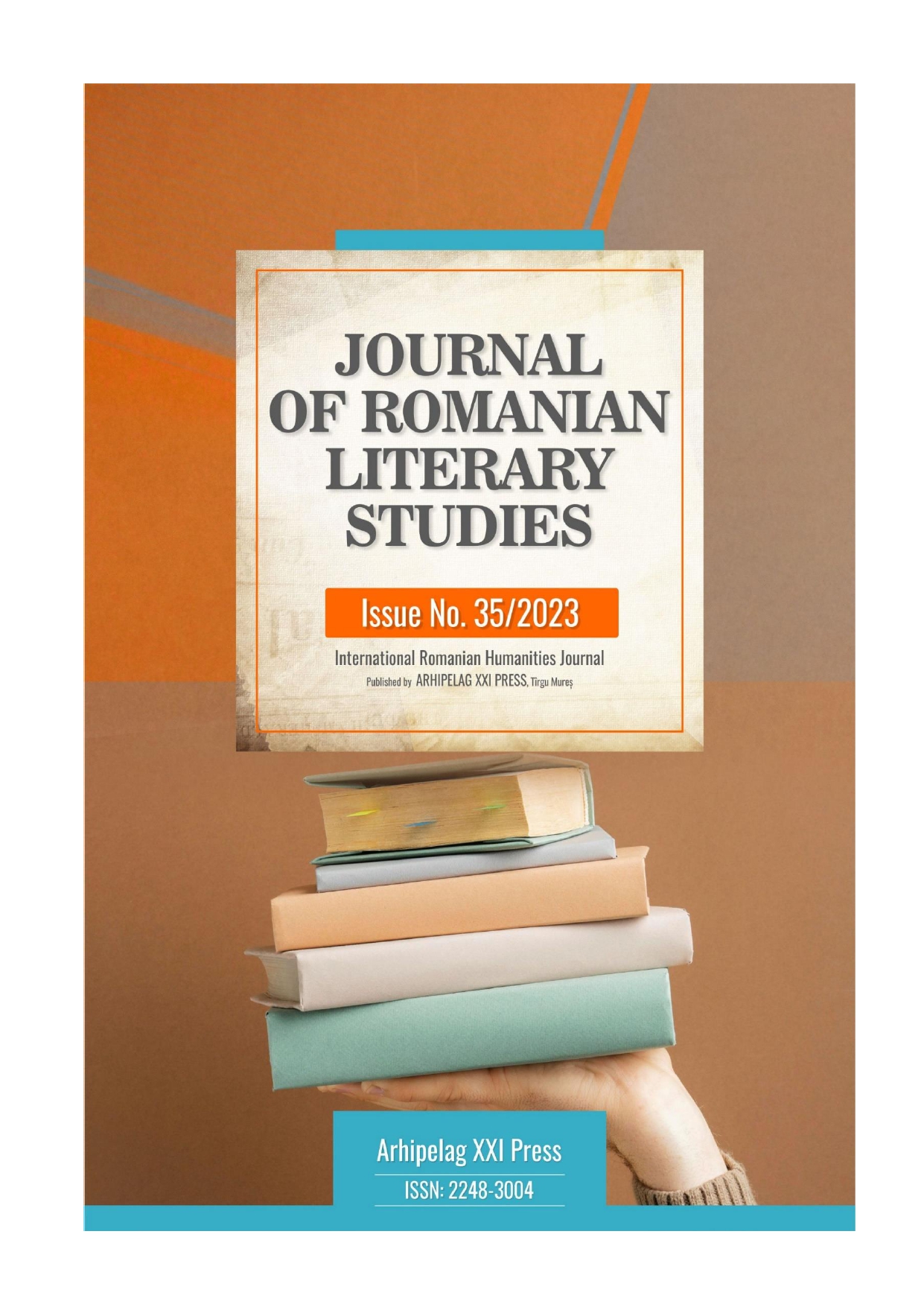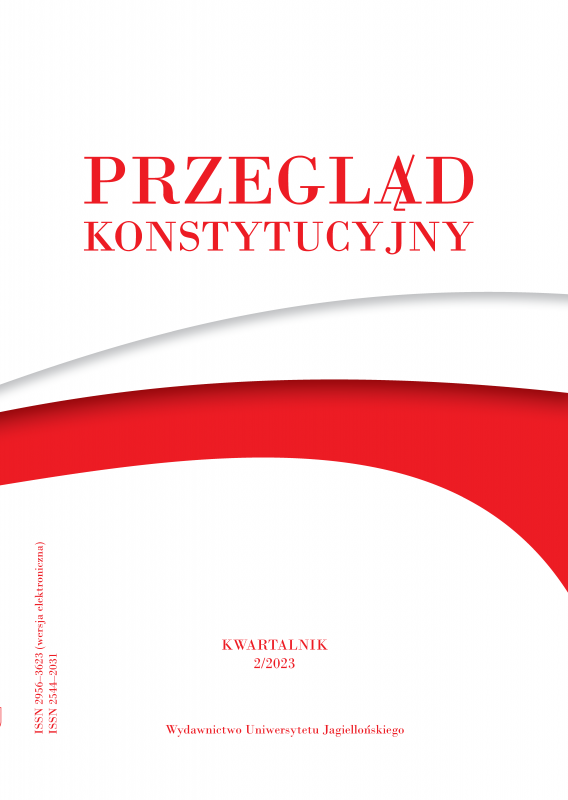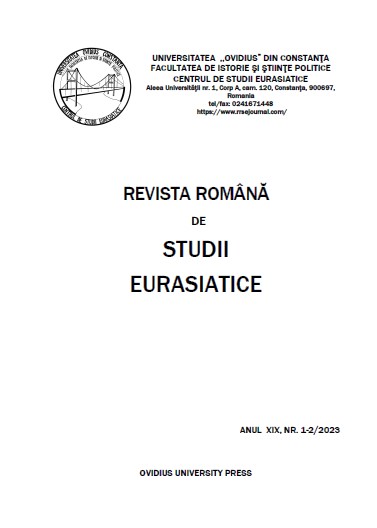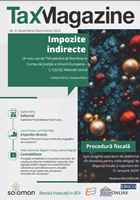Author(s): Ionuț – Gabriel Dulcinatu / Language(s): Romanian
Issue: 35/2023
The process of administering justice is absolutely necessary to give priority to the most serious violations of human rights, those that bring the greatest impact on social relations protected by national and international criminal law on human dignity. This requires the pawns of the justice apparatus to be honest about what is possible, making the most appropriate decisions about all types of violations and their victims, i.e. adopting a transparent and accountable decision-making process. Such decisions must be based on human rights principles, including both non-discrimination and a gender-based approach. The experiences examined in this chapter make a strong case for prioritizing violations of the right to life, including disappearances and violations of personal integrity, including rape and other serious forms of sexual violence, torture, and injuries that cause personal disabilities. If these categories are sufficiently covered, other violations of personal freedom such as forced recruitment of children, internment in violation of international humanitarian law, deportation and ethnic cleansing could be included. This implies adopting a different approach from those currently used by the complaints commissions, which have accepted all types of violations, without any basis for prioritization. Treating violations as more than isolated incidents allows for more effective determination of operational or systemic failures that have led to multiple violations of international humanitarian law. This could help to address violations more comprehensively and define adjustments and reforms that could help ensure non-repetition. Furthermore, this approach supports the development of a defined policy by clearly prioritizing categories of victims according to a certain hierarchy of violations in a way that can contribute to the affirmation of the most fundamental values that govern society, emphasizing the importance of reaching poor and marginalized victims. This is particularly important when the limited availability of resources means that some categories of victims will be left out of the reparation effort. Furthermore, if the policy targets certain violations considered to be the most serious, there is no need to add a requirement that the violations be systematic or widespread in nature, which is inappropriate in defining the right to redress. Such an approach would allow all victims of violations to be included, without distinction. In situations where parties to a conflict have committed serious violations, decisions intended to include all types of violations of the same gravity can guarantee that victims of the same violations are included in ex officio programs, which cannot be guaranteed through litigation. Court decisions that grant reparations only to those who end up with successful claims can create resentment among other victims who will feel that they do not have equal access to justice and will consider themselves marginalized from society and the justice system. On the other hand, judicial decisions could prompt political solutions that could lead to agreements or policies addressed to larger groups of people, but even if this is true, the belief that a comprehensive policy will be better than isolated decisions remains incidental and that the latter are useful only in so far as they might lead to the former. Thus, litigation should not be limited but encouraged, in order to obtain the most extensive and impactful results. This is why it is of particular importance to carry out a thorough analysis of legislative violations, through the lens of identifying the specifics of their commission, in relation to the victimizing impact on the target persons. At the same time, it is absolutely necessary to know the personal, social and financial implications of the violations, on the victims, in order to allow the justice system to adopt the best mechanisms in the process of repairing the damages caused.
More...
